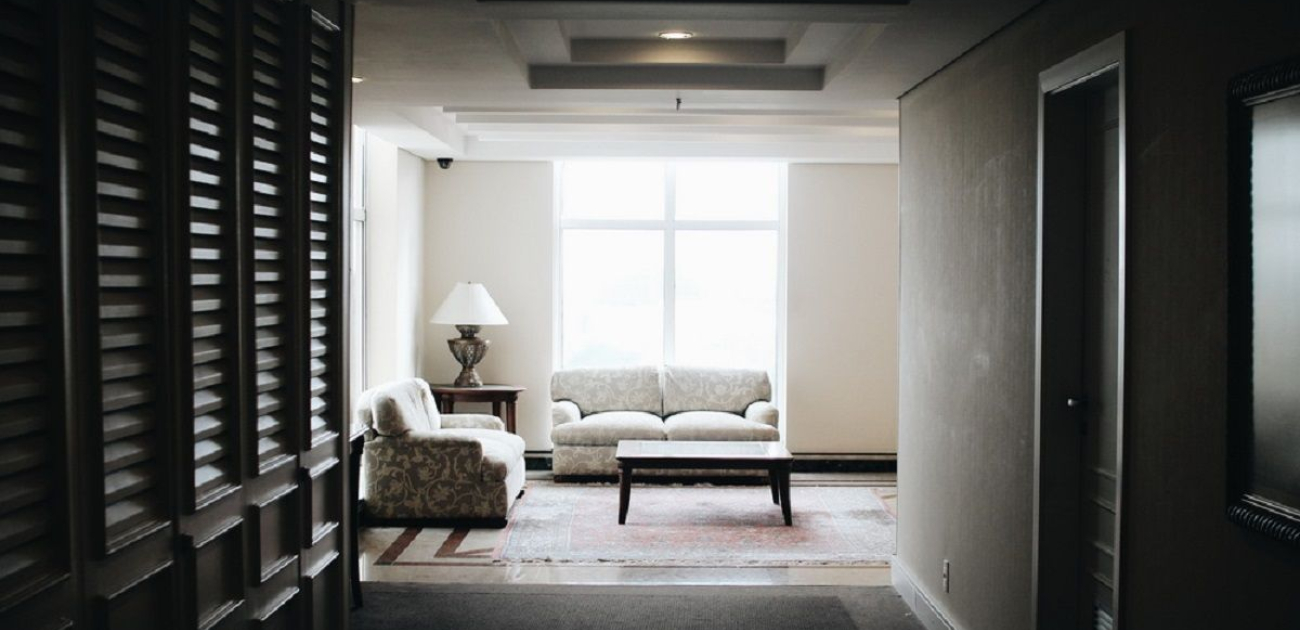Slow Market for a Hotel Industry Reeling from Covid-19
With the travel and tourism industry still hit hard by the Covid-19 pandemic and no vaccine or treatment on the immediate horizon, the pace of deals in the hotel space has slowed in recent months. Adding to the situation are unknowns about the outcome of the U.S. elections in November.
“Many people are waiting to see what November brings on the political front and what Q1 2021 brings on the vaccine front; all that uncertainty makes for a slow transactional market for hotels right now,” says Cecilia T. Gordon, a director at law firm Goulston & Storrs and co-chair of the firm’s Hospitality and Recreation Industry Group.
With the crisis, however, has come an opportunity for investors, to provide the capital needed to wait out the storm or to re-purpose existing hotels to other uses. Crain’s Content Studio recently spoke with Gordon to gain insight into the rapidly evolving trends.
CRAIN'S: Many hotels are facing another three to six months of being closed or having very low occupancy— and potentially never reopening. What creative solutions are you seeing from owners of hotel properties?
CECILIA GORDON: Many hotels tried to maximize summer occupancy and pick up revenue from drive-to summer vacations.
Now, if you look around, you’ll see a lot of advertising for fall getaways, which drive weekend occupancy, and week-long stays where the whole family can do remote work and remote schooling from the hotel and then enjoy the hotel’s amenities at the end of the day. In many cases, we are hearing that hotels are able to maintain their rates, although the lower occupancy levels across the week are driving the average-daily-rate metric down.
CRAIN'S: How are they using business-to-business space?
GORDON: Hotels are looking at creative ways to use their conferencing facilities. For instance, Wyndham is rolling out a program at some of its European hotels to allow hybrid meetings among separate conference rooms at the same hotel or among hotels in separate cities. So a small group can meet, socially distanced, in one conference room and get the benefits of in-person connections, while also meeting remotely with co-workers from other offices.
There is a real appetite for seeing people in person if it can be done safely and getting out of the house, and in more northern areas, there is a feeling of urgency to having an alternative to outdoor meetings, as the cold and dark of the winter begin.
CRAIN'S: Are you seeing trends in repurposing hotel buildings for other types of uses? What are the opportunities on this front?
GORDON: Some hotels are renting their rooms as offices as an interim model. The investment that many hotels made in providing strong Wi-Fi is paying off, as this is a significant amenity for people looking to work outside the home but unable to access their employer’s officers.
Other hotels in cities such as New York, Chicago and LA are temporarily housing the homeless or medical/emergency personnel, which provides some revenue.
CRAIN'S: How does zoning come into play when hotel owners repurpose their space?
GORDON: When there was the first rush in the spring to use hotels for homeless housing or for medical or emergency personnel, one of the questions that came up was if the use was still a “hotel” use and was zoning compliant.
Often, the alternative use was requested or sponsored by a local or regional government entity, which then agreed that, to the extent there was a zoning problem, the government would not pursue it. However, where hotels are permanently repurposed (for example, to multifamily or senior housing), zoning will be one of the first hurdles to clear as hotels are often in areas zoned for commercial use where residential use is restricted.
CRAIN'S: What tax and financial implications are you seeing for hotels that are closed or under-occupied?
GORDON: A lot of jurisdictions are giving real estate owners grace periods to pay real estate taxes. That bill will come due, but it’s not coming due yet.
Hotels are waiting to see if they can hold on at lower occupancy and lower revenue levels until travel returns, particularly business travel. Even hotels that have closed need to find ways to pay for basic operating costs, not to mention debt service, and the financial pressure increases the longer it takes for an effective vaccine to be widely available.
There have been foreclosures and voluntary handovers of hotels, but nowhere near as many as people were projecting that we would have by now. It is challenging for lenders to take on hotels that need—or are likely to need— cash infusions to keep running, and at the same time, many owners do not want to lose an asset that they believe will stabilize once there is a vaccine and the external causes of the low occupancy are removed.
This focus on the underlying value of the assets, combined with hope that the pandemic will end soon, is also impacting the bid-ask spread, as many hotel owners are not willing to accept the “distressed” pricing offered by buyers.
CRAIN'S: Many experts expect that a meaningful number of hotels in the U.S. may never re-open. What is the impact on foreign investment?
GORDON: The last couple of years, there has been a strong appetite among foreign investors for buying luxury hotels in very desirable locations such as major gateway cities—like New York and San Francisco—and high-end resort locations. Many of those hotels have been weathering the pandemic, even with lower occupancies, by appealing to a demographic with the desire and ability to escape, even if just for a weekend “staycation.”
But one of the unexpected impacts of the pandemic has been the success of limited-service hotels, which have performed better than other hotel types for a variety of reasons, including their ability to be self-contained units with kitchenettes and office spaces. An interesting change in the market post-Covid may be an increase in foreign investors who want to add limited service hotels to balance their hotel portfolio.
CRAIN'S: With many people moving from the cities to the suburbs, what does the future hold for urban hotel properties?
GORDON: If more people are living in the suburbs and working from home most days, with the occasional visit to the main office in the city (or another city), hotels are a great alternative to an apartment in the city or staying with friends. So, in the short-term, that trend is likely to be good for urban hotels—but in the long-term, the hotels need the cities to stay strong and vibrant.
Do you want more information?
 Cecilia Gordon
Cecilia GordonCecilia Gordon serves as Co-Chair of the firm’s Hospitality and Recreation Industry Group. She frequently advises clients in the hospitality industry regarding investment in and management of hotel and resort properties across the country.

